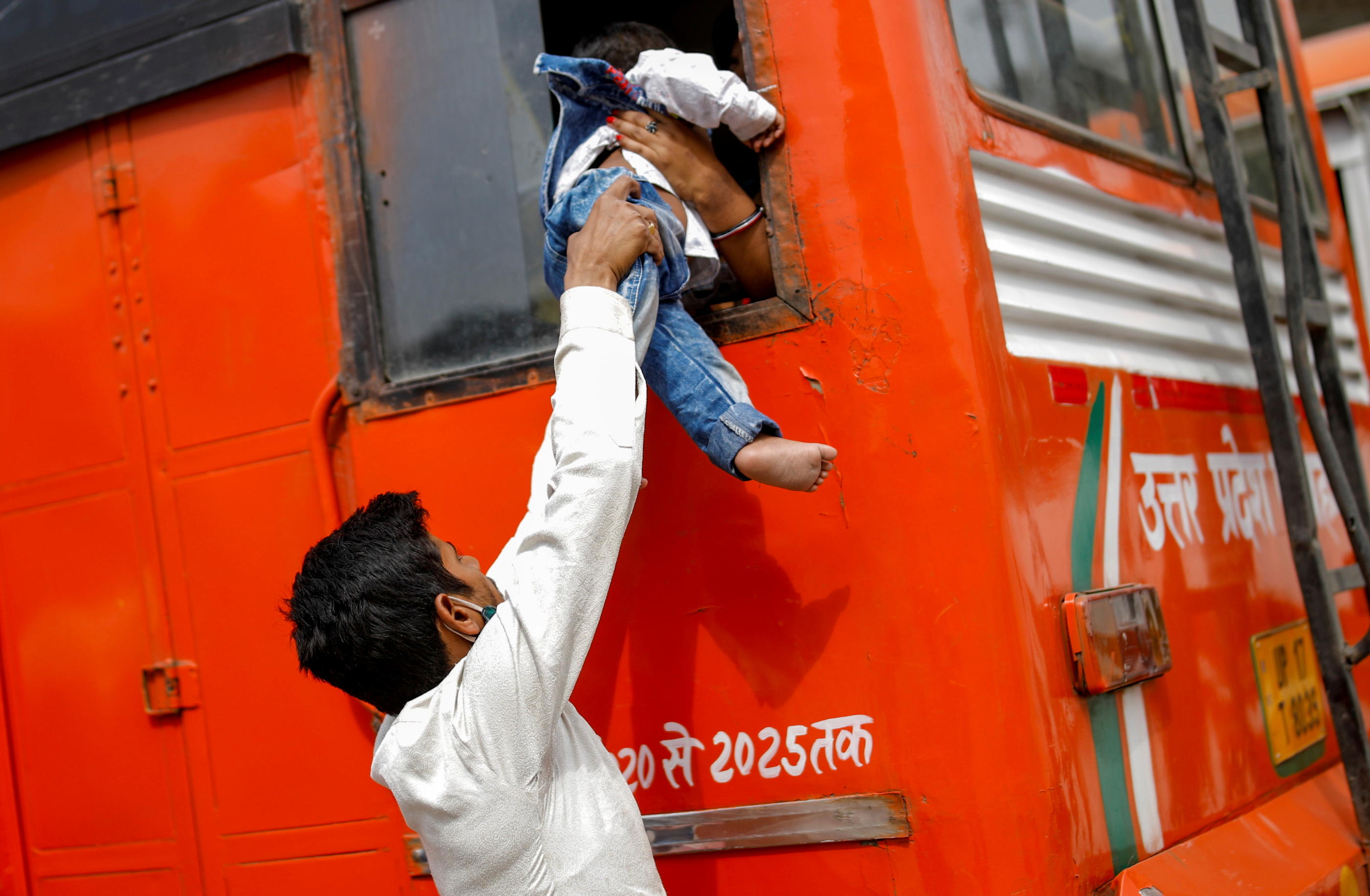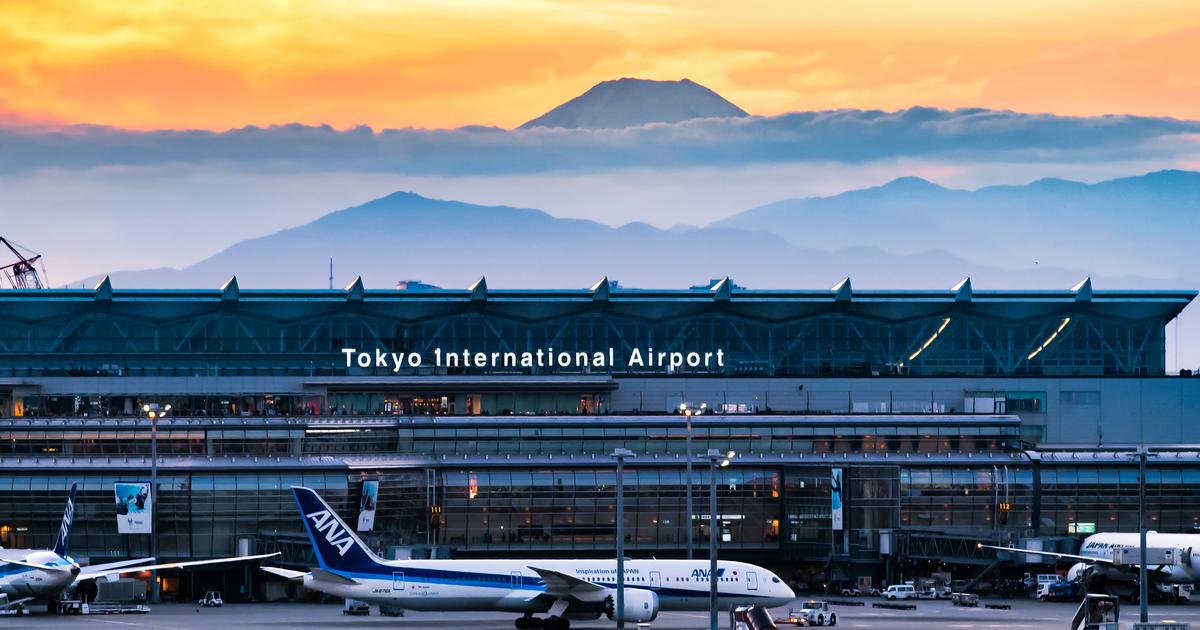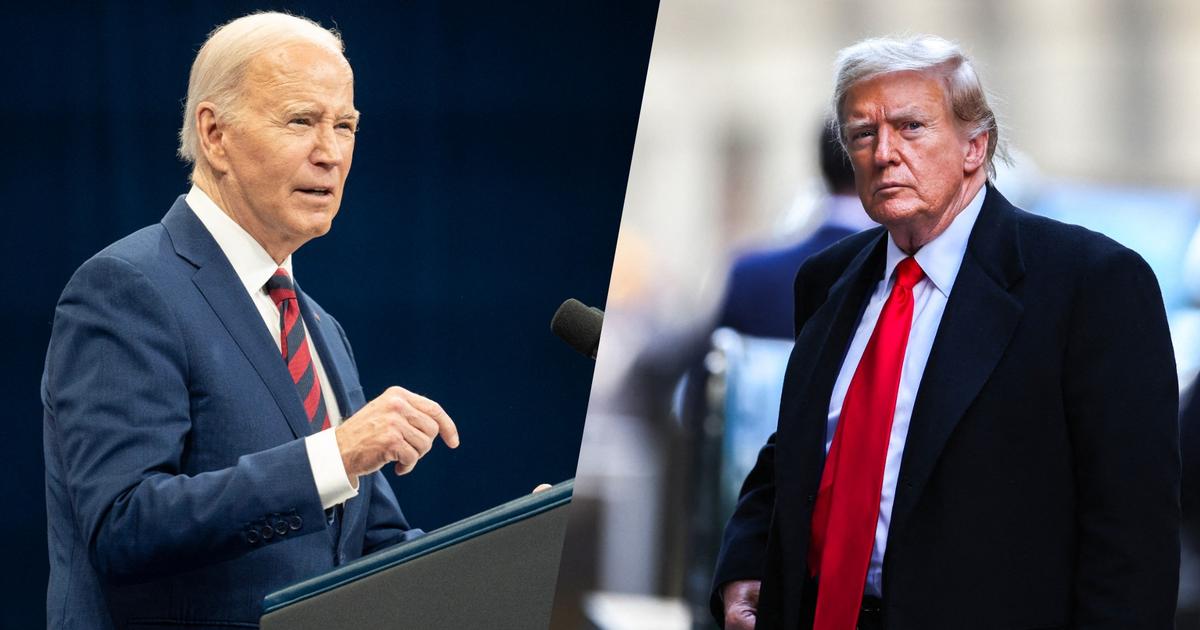The slope rose so sharply that the curve seemed vertical, and the peak dizzying.
On March 15, India counted around 23,000 new infections with Covid-19.
A month later, there are ten times more cases;
on April 19, the Our World in Data site listed 233,074, in just one day.
It is the second most affected country after the United States since the start of the pandemic, with nearly 15 million cases.
And the acceleration of screening does not explain everything: the number of people tested each day (over seven rolling days) has "only" doubled in one month, between March 12 and April 16.
The number of daily deaths, far from reaching the records in Brazil, is also increasing inexorably, exceeding the 1,300 dead mark in 24 hours. In some towns, crematoriums operate their oven 24 hours a day and “wild” cemeteries are on the increase. But surprisingly, official figures show a total of 180,000 deaths since the start of the pandemic, less than double that of France, for a country of 1.4 billion inhabitants. One of the lowest death rates in the world. Credible? All experts, including local ones, agree that these data are largely underestimated.
"It is estimated that India reports about a tenth of cases of death," says Jean-Joseph Boillot, researcher associated with Iris, specialist in Indian economy and author of
Utopies made in the world
(editions Odile Jacob).
This is the reason why comparisons between official data and data from crematoriums have been multiplied recently.
The published figures for cases and mortality are only significant in terms of evolution, and not in absolute terms.
"
VIDEO.
Covid-19: overwhelmed hospitals, oxygen shortage, worrying variant ... India in the middle of a nightmare
However, this development is causing great concern. In New Delhi, the most affected city in the country, the health system is "at the breaking point" and could collapse if no action is taken, warns Arvind Kejriwal, the head of government of the capital, who has declared a state of emergency. Its 20 million inhabitants have been confined since Monday evening to avoid "an even greater catastrophe". Hospitals, overwhelmed, lack beds, their oxygen reserves are depleted and the sick are suffocating. So much so that medical oxygen tanks are transported at night by rail.
Railways gears up to run Oxygen Express -
The Ro-Ro service, from Kalamboli, with 7 empty tankers moved to Visakhapatnam from where Liquid Medical Oxygen will be loaded.
Railways has geared up to run Oxygen Express in response to its fight against Covid-19.
#RailFightsCorona pic.twitter.com/89Og5UQs4K
- Ministry of Railways (@RailMinIndia) April 19, 2021
Result, “there has been a movement of panic in India for a week, observes Jean-Joseph Boillot.
Migrant workers from cities, which last March caused traffic jams by wanting to return to their village, are on the move again, so we find a classic phenomenon of the spread of the virus.
"
# snapshot Crowd of travelers in a New Delhi bus station.
The 20 million inhabitants of the Indian capital must be confined for a week from tonight to try to slow the pandemic #AFP pic.twitter.com/OFEpjuOnT1
- Agence France-Presse (@afpfr) April 19, 2021
"The New Delhi region will reach a peak of 50% of infected inhabitants," said the researcher, who was in contact with an epidemiologist in the capital on Tuesday morning.
The regions of Bombay and Maharashtra, in the north-west, are also in the midst of an explosion of cases, as is the state of Uttar Pradesh, in the north, which alone has more than 200 million inhabitants.
How did we get here ?
According to Jean-Joseph Boillot, the Indian government was imprudent in considering from June that the epidemic had passed.
“In September, October, people had no more masks.
We trumpeted that economic growth was going to pick up again ”.
Added to this is an electoral context and political choices which have only worsened the situation: two states in the north of the country (Assam and Bengal), where the epidemic is particularly blazing, are in the midst of legislative elections. since March 27.
"Instead of devoting time and resources to properly managing this crisis, we authorized with complete recklessness the huge pilgrimages and electoral meetings to 100,000 people", sums up Jean-Joseph Boillot, who notices a "relaxation" of the measures. of caution for about two months.
"In the state of Maharashtra, the pilgrimages near the Ganges gathered more than five million Hindu pilgrims in a few days", abounds Antoine Flahault, director of the Institute of global health of the University of Geneva (Switzerland), evoking a probable giant cluster.
VIDEO.
India: hundreds of thousands of Hindu pilgrims take a sacred bath in the Ganges
"The argument of the party in power is vaccination," continues Jean-Joseph Boillot.
On Monday, the government announced that it would be open to all adults from May 1.
A trompe-l'oeil measure, according to Antoine Flahault: "If ever India (the largest vaccine manufacturer in the world, editor's note), kept all its doses for its population, at the current rate of production, it would take more than 'one year to vaccinate everyone.
It is also for this reason that the situation is worrying.
"
At present, only 127 million doses have been injected in India, according to government figures, out of 1.4 billion people.
Barely 8% of the population received a first dose, compared to 18% in France.
READ ALSO>
Covid-19 in India: will the world's drug factory hold up?
In addition, half of the vaccines produced will be managed by the central government, while the other half will be intended for the States, which will freely set prices, according to Jean-Joseph Boillot.
“The price of vaccines in India is expected to explode.
Only the richest will be able to buy it, ”predicts the specialist.
A worrying but still mysterious variant
On this soil has also developed a double mutation of Covid-19, called the Indian variant, called B.1.617, and about which we do not know much. “The two mutations, E484Q (present in the South African and Brazilian variants) and L452R (which we find in the Californian variant), theoretically involve risks of increased transmissibility and escape from pre-existing immunity”, details Antoine Flahault. “But we do not know its clinical repercussions,” admits the epidemiologist. Is it more deadly? Is it resistant to vaccines?
Moreover, although this variant is classified as being of concern and is prevalent in the state of Maharashtra and in dozens of other Indian states, no link has been established between its emergence and the recent deterioration of the situation. epidemiological in India, recalls Public Health France. "It is likely that this deterioration of the health situation is at least in large part due to the many large gatherings that have recently taken place throughout the country and to a low adoption of preventive measures by the general population", insists the organization .
Despite these uncertainties, several foreign partners have already taken action.
Hong Kong, where a plane dropped off 47 travelers who tested positive, has decided to suspend its air links with India.
The UK, home to a large Indian community, has also banned travelers from India, except UK residents.
There are also sporadic cases in Canada, Singapore, Germany and two in Guadeloupe, according to Public Health France.
READ ALSO>
Covid-19: 47 positive cases in a single plane, Hong Kong suspends its flights with India
France will, for its part, impose ten days of compulsory isolation for passengers from Brazil, Argentina, Chile or South Africa, but nothing of the kind has been decided for India.
"
We must ask ourselves tomorrow the question of India" which "is experiencing an extremely serious pandemic situation" with "very dangerous variants", said Jean-Yves Le Drian, Minister of Foreign Affairs, Sunday on France 3. Contacted, the Quai d'Orsay did not answer our questions.
Above all, the situation in India is weakening Africa: the continent was to receive doses produced in India via Covax, a device which makes it possible to redistribute vaccines to the poorest countries. But India, which produces 60% of the world's vaccines, has suspended exports since March 18 to promote the national vaccination campaign. According to Le Monde's correspondent in Bombay, the first countries to have noted delivery delays are Brazil, the United Kingdom, Morocco and Saudi Arabia.









